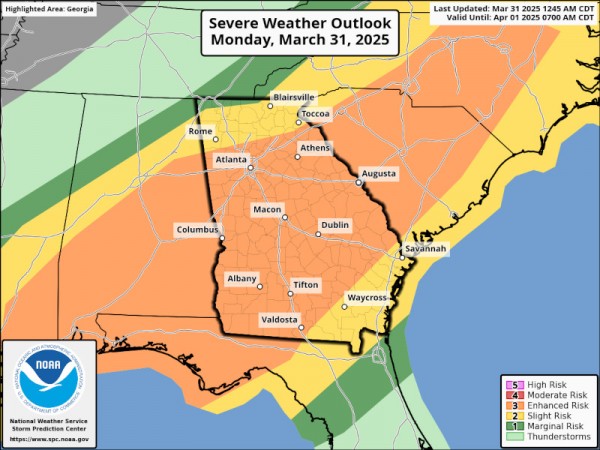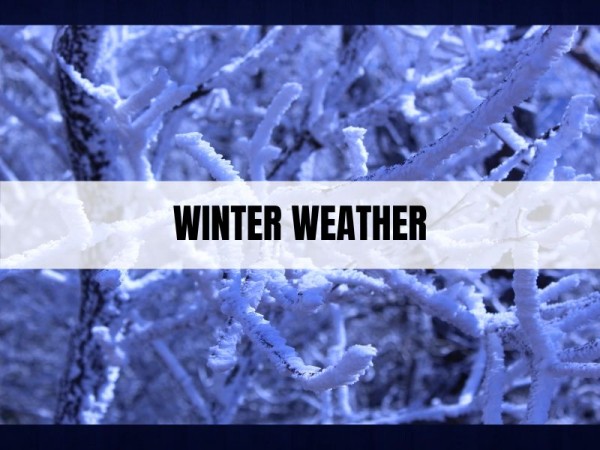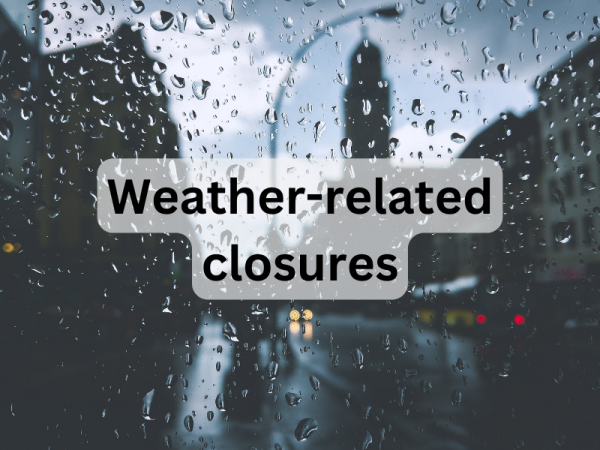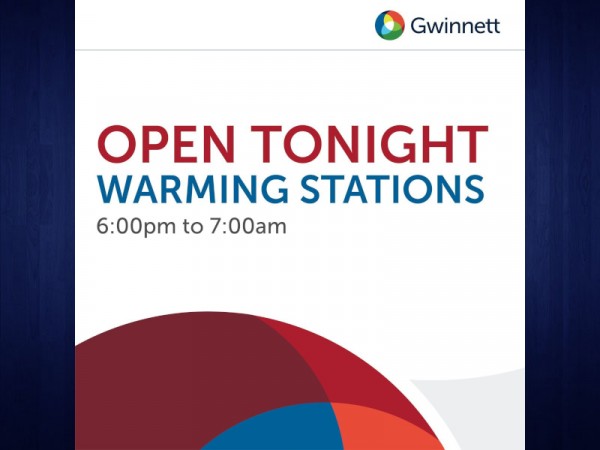Spring is not the only thing in the air – high pollen levels are also here, which means those who have spring allergies are likely seeing symptoms like a runny nose and dry, itchy eyes.
According to Atlanta Allergy and Asthma’s pollen count, the tree pollen count in the Atlanta area has been in the extremely high range for the last seven days. On Sunday, the pollen county hit 6,974, the seventh-highest pollen count since Atlanta Allergy and Asthma began keeping records over 30 years ago.
These high counts of tree pollen can be dependent on things like the weather or wind, Dr. Judy Nam with Atlanta Allergy and Asthma said.
“This past weekend we had some warm temperatures and no rain, and that may have accounted for the high pollen release,” Dr. Nam said. “Different trees and plants can respond differently to weather patterns, whether some like cycles of rain, dry, windy and others prefer dry, windy days.”
Lauren Ingram, a certified family nurse practitioner with Advanced Allergy of North Georgia, said people who have pollen allergies can expect to see several symptoms while tree pollen counts are so high.
“Runny nose, sneezing, itchy and watery eyes, even sometimes coughing can be allergy-related,” Ingram said. “If it’s allergic, most of the time it’s itchy.”
To reduce the potential for allergic flare-ups after being outside, Ingram suggested showering or changing clothes when coming inside. On top of this, she suggested taking off shoes when coming inside and bathing pets that spend time outdoors as they could track in pollen.
Dr. Nam recommends treating pollen allergies with medication and other measures in mid-February before the spring pollen season starts. She also recommends keeping your home’s windows closed, using the recycled air setting when using your car’s air conditioning, and wearing a mask to prevent pollen from entering your mouth and nose.
“I think the bottom line, although we have many medications that can be helpful, is really preparation and anticipating your symptoms and trying to prevent,” Dr. Nam said.
For those seeing more severe allergy symptoms, both Ingram and Dr. Nam suggest seeing an allergist for assistance.
“We will do things like allergy testing to see what you’re allergic to and depending on what that looks like … we will tailor medicine, prescription and non-prescription, we can do allergy shots to make you less allergic, or even allergy tablets,” Ingram said.
How does pollen evoke an allergic reaction in people? According to Dr. Nam, it all comes down to genetics and a specific antibody called IgE.
The IgE antibodies “tend to recognize bits of protein within pollens and pets and other allergens as something to get very excited about, and it triggers inflammatory cells in their mucus membranes,” Dr. Nam said.

















